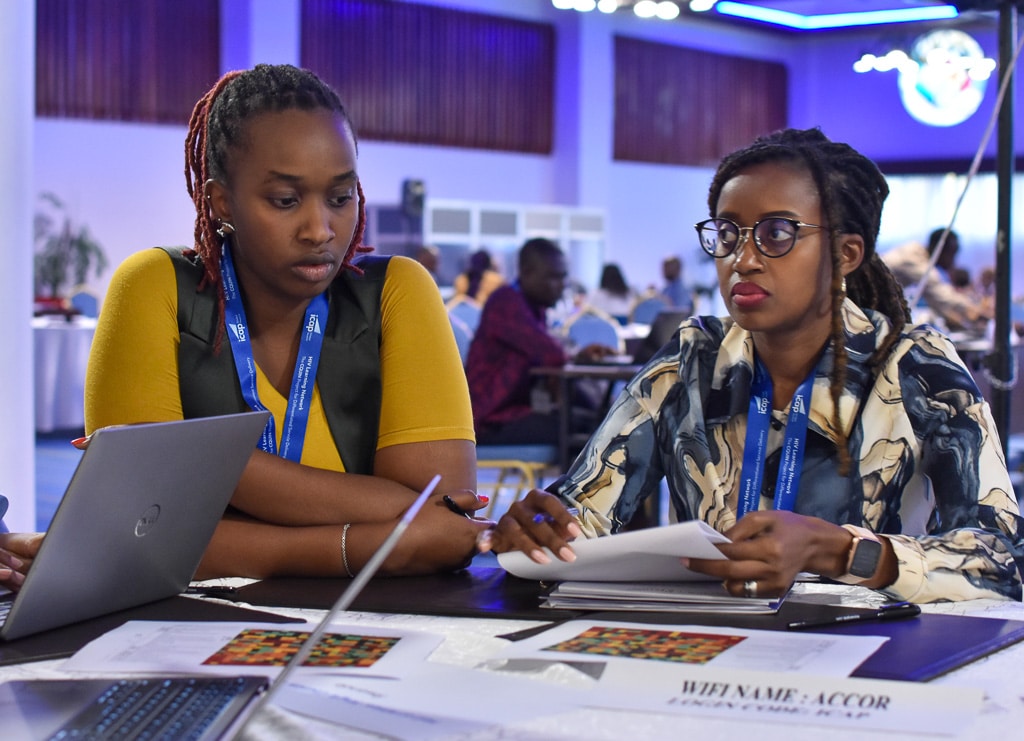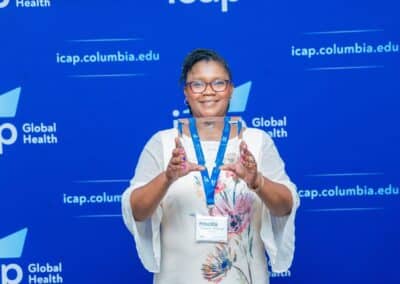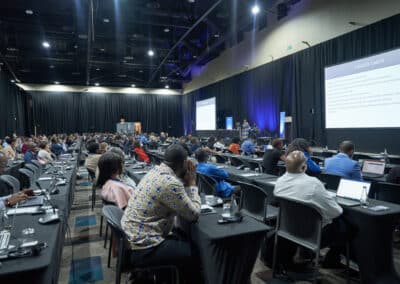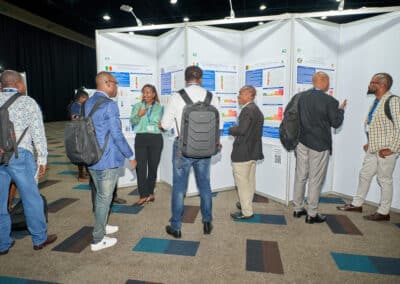With countries gearing up for the annual self-assessment of their differentiated HIV treatment programs in July and August, CQUIN has updated and revised the CQUIN capability maturity model (CMM) for differentiated HIV treatment services.
This year’s self-assessment will introduce a new domain to measure and track progress on integrated HIV and non-communicable diseases (NCDs) services, using hypertension (HTN) as an exemplar. In addition, 2023 will be the first year in which all countries will use the Advanced HIV Disease (AHD) capability maturity model.
The HIV/NCD domain will help country teams assess the extent to which their national policies and guidelines support the provision of HTN services for people in DSD treatment models, and where they are in defining a minimum package of care for HTN screening, diagnosis, and treatment services. In addition, country teams will also review whether integrated HTN and HIV treatment services are co-located, co-scheduled, or coordinated.
“With CQUIN 2.0’s focus on integration and holistic person-centered services, we need to make sure countries assess where gaps exist or persist in their DSD programs in relation to the integration of non-HIV services into differentiated treatment models so CQUIN can provide targeted support to member countries,” said Maureen Syowai, MBChB, MSc, CQUIN deputy director (technical). “The previous version of the CMM included domains for family planning and TB preventive treatment, so this year, we prioritized the addition of a domain on NCDs.”
Six countries, South Africa, Côte d’Ivoire, Uganda, Eswatini, Rwanda, and Zimbabwe, supported the pilot of the NCD domain. In the case of Rwanda, reviewing the questionnaire revealed some gaps that the country program is already planning to address. “We do have national guidelines and a minimum package of care that define NCD services for recipients of care; however, our major integrated model is a coordinated approach at clinics,” said Brian Kwizera, MD, DSD coordinator for Rwanda. “Recipients of care are screened in the ART clinic for NCDs at the same facility but in different clinics, so we encourage co-scheduling, but NCD medications are usually given monthly, while most of our recipients of care receive medication every six months. As a program, we are researching NCD prevalence in recipients of care in hopes of implementing full integration — first at pilot facilities that we can eventually scale up.”
In addition, CQUIN has revised the TB/HIV domain to include overall tuberculosis preventive treatment (TPT) coverage, as well as TPT coverage for recipients of care in less-intensive and more-intensive models. Burundi, Ethiopia, Kenya, Rwanda, Senegal, Tanzania, and Liberia reviewed the new domain to ensure the questionnaire suits country programs. “We found the revised questionnaire very useful for improving our TB/HIV policies. Overall, the various capability maturity models have been beneficial for our country’s HIV program. As a result, we are planning several activities to help us progress our less-mature programs,” said Kouro Bousso, MD, MPH, DSD focal person and head of Monitoring and Evaluation at Senegal’s Division for the Fight against AIDS and STIs.
CQUIN leadership has also made minor revisions to the AHD CMM and questionnaire to help countries review and improve client coverage for AHD identification, opportunistic infection screening, prevention, diagnosis, and management. The AHD CMM has also been programmed into Qualtrics survey software for the first time. This year, all 22 CQUIN member countries will have the opportunity to examine their advanced HIV programs critically. Last year, CQUIN worked with 14 countries that piloted and contributed to the AHD CMM.
Each country team will present their self-staging results at CQUIN’s Annual Meeting in November 2023.






